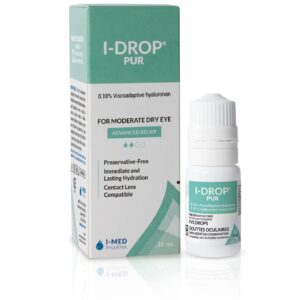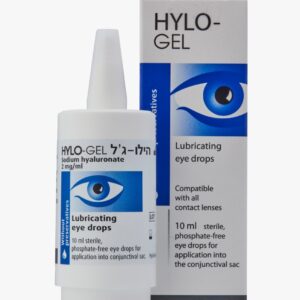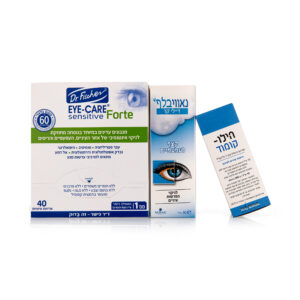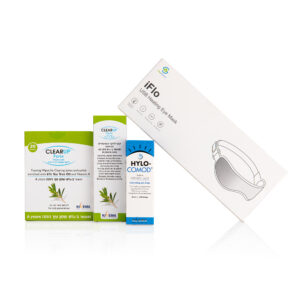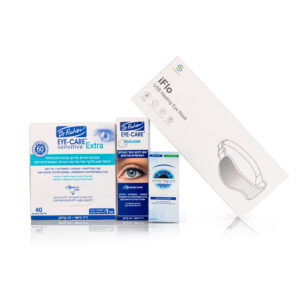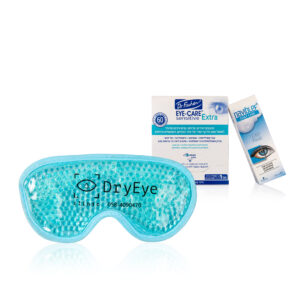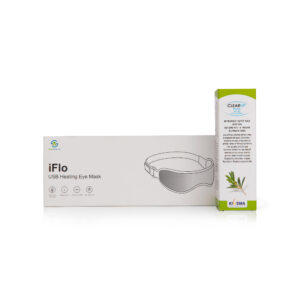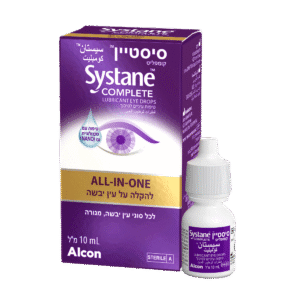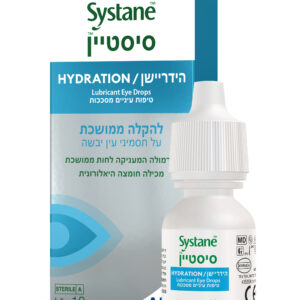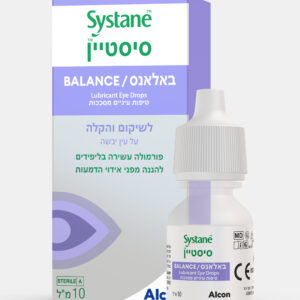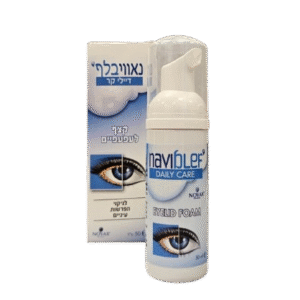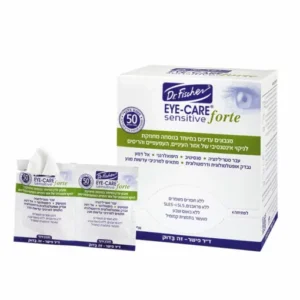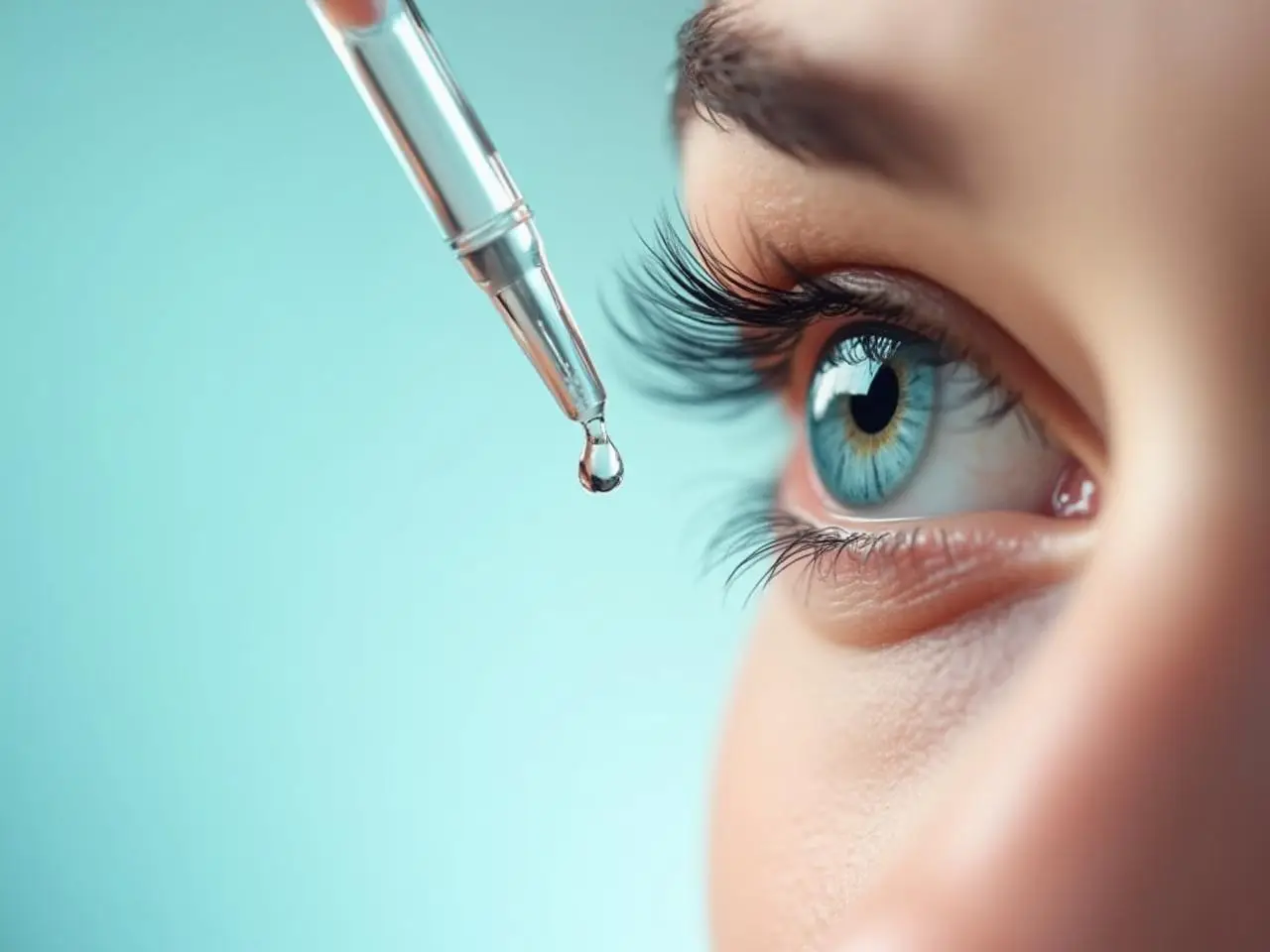
טיפות דמעות – מה זה ולמה משתמשים בהן?
טיפות דמעות הן תמיסות רפואיות או קוסמטיות שמטרתן להקל על
Cataract surgery, one of the most common eye surgeries in the world, has proven itself in restoring poor vision caused by cloudy lenses. However, this surgery is not without potential complications, one of which is postoperative dry eyes. This condition can range from mild discomfort to significant disruption in daily activities due to accompanying symptoms. This article will delve into the causes of dry eyes after cataract surgery, its effect on patients and different treatment strategies.
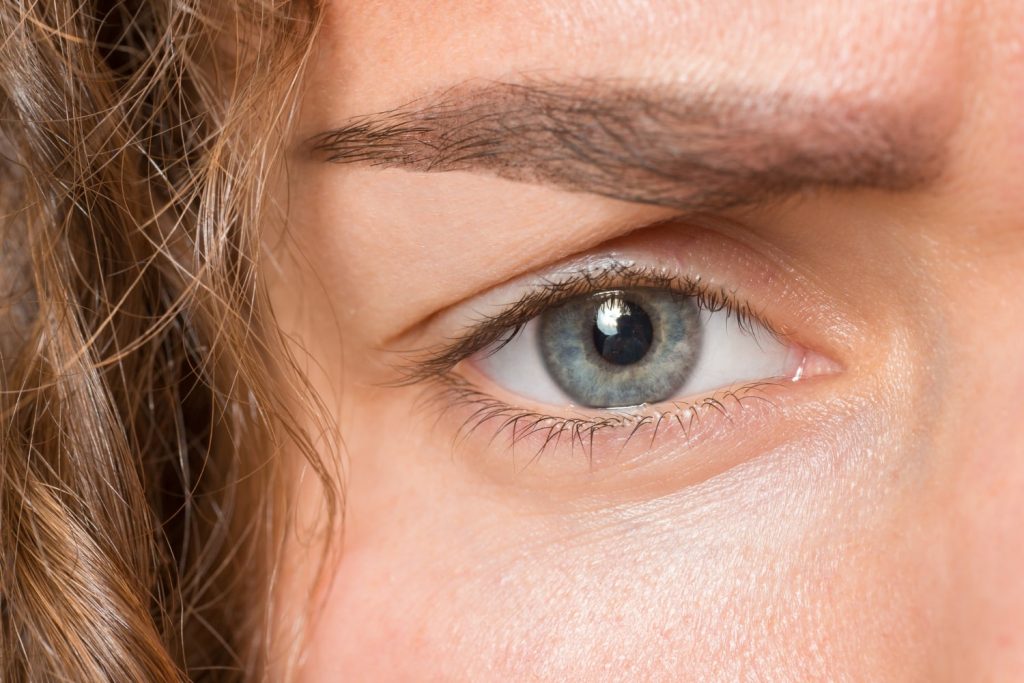
Dry eye syndrome is a chronic and usually progressive condition characterized by a person's eyes not producing enough tears, or the tears evaporating too quickly. Symptoms can include irritation, redness, blurred sensation, blurred vision, and paradoxically, excessive tearing. Dry eye after surgery is a common symptom reported after cataract surgery, with studies showing that it affects a significant percentage of patients.
During cataract surgery, small cuts are made in the cornea, the transparent front part of the eye. This surgical trauma can interfere with the corneal nerves responsible for producing tears, leading to dryness. Moreover, exposure to the operating room environment and use of eye drops after surgery may contribute to dry eye symptoms.
Patients with pre-existing dry eye syndrome often experience worsening symptoms after surgery. These individuals may have an insufficient tear film or meibomian gland dysfunction, leading to increased tear evaporation. The additional trauma from surgery may further disrupt tear production or stability.
Cataracts mainly affect older people, a population segment that is more prone to dry eyes due to an age-related decrease in tear production. In addition, women, especially after menopause, are more likely to suffer from dry eyes due to hormonal changes that affect tear secretion.
Dry eyes after surgery can significantly affect the patient's quality of life. The discomfort and visual disturbances associated with dry eyes can affect daily activities such as reading, driving, using digital screens, or even simple tasks that require concentration. Furthermore, the inflammation associated with severe dry eye may affect the healing process and the final visual outcome after cataract surgery.
The treatment of dry eyes after cataract surgery is combined, and includes preventive measures, specific treatments for the variety of symptoms and lifestyle changes:
A thorough preoperative evaluation is essential to identify patients with preexisting dry eye disease. Treatment using artificial tears, prescription drugs, warm compresses or punctal plugs can be performed before surgery to improve the surface of the eye and reduce post-operative symptoms.
Post-operative medications include anti-inflammatory medications and eye drops and ointments. Cyclosporine and lipitgrast, for example, can increase tear production and reduce inflammation. In addition, omega-3 fatty acid supplements have shown potential to alleviate dry eye symptoms.
Simple changes, such as taking regular breaks from screens, wearing sunglasses outside, and avoiding air conditioning or heaters that dry the air, can help manage symptoms. Blinking exercises can help distribute the tears evenly across the surface of the eye.
In severe cases that do not respond to conventional treatments, advanced treatments such as autologous serum eye drops, scleral lenses or IPL treatments can be considered.
Regular follow-ups after surgery are essential for monitoring the patient's recovery and adjusting the treatment as needed. Effective communication between the patient and the ophthalmologist is the key to ensuring a comfortable and satisfactory recovery process.
In conclusion, while dry eyes after cataract surgery may be a common and frustrating side effect, understanding its causes and potential effects can lead to better prevention and management strategies. Through a combination of preoperative evaluation, appropriate treatments, and lifestyle changes, most patients can achieve relief from dry eye symptoms while enjoying the benefits of improved vision after cataract surgery.
Although advances in surgical techniques and postoperative care continue to reduce the risk of dry eye, more research is needed to improve patient outcomes. Therefore, it is essential for patients and physicians to work together closely, tailoring management strategies to individual needs for the best possible postoperative experience.
Author of the article: Dr. Itamar Arbel

טיפות דמעות הן תמיסות רפואיות או קוסמטיות שמטרתן להקל על

ויטמין C הוא אחד הוויטמינים החיוניים ביותר לבריאות העיניים, הודות

מרכז מומחים לאבחון וטיפול מתקדם בתסמונת העין היבשה ומחלות פני שטח העין
